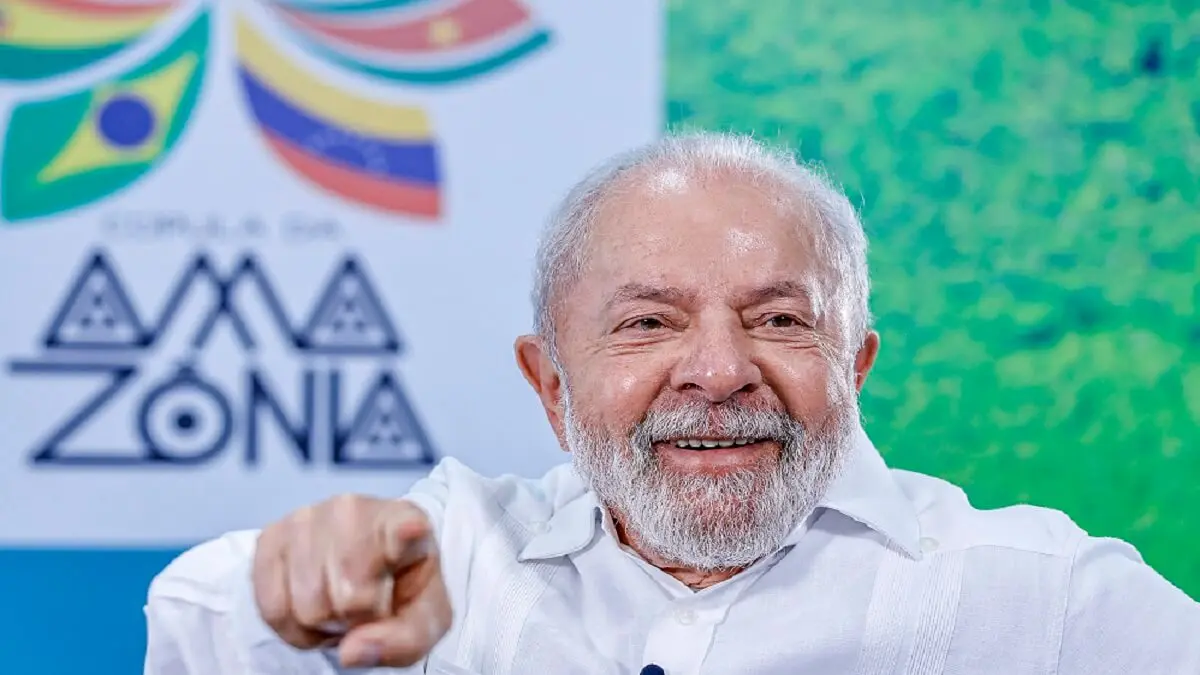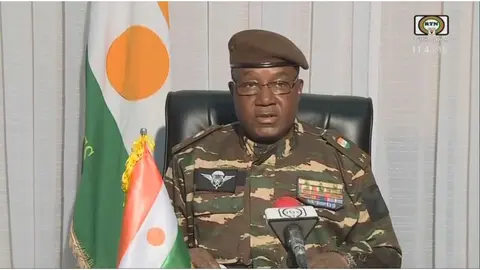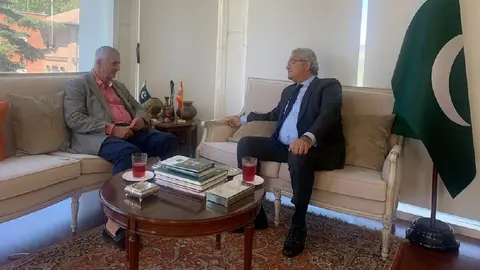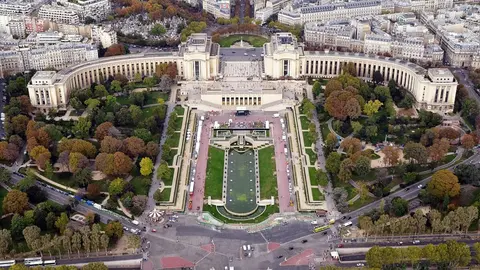Imminent point of no return in Amazonia

Let's hope that this time the eight countries that make up the immense Amazon region, and the rest of the world, which benefit from the planet's lungs, are really serious about the fight to preserve it. This is what the heads of state and government of Brazil, Bolivia, Colombia, Ecuador, Guyana, Peru, Suriname and Venezuela, as well as guest countries such as France, Germany, Norway, Indonesia, the Democratic Republic of Congo and Congo Brazzaville, pledged at the Belem do Para summit.
This was the fourth meeting of the Amazon Cooperation Treaty Organisation (ACTO), founded in 1995, whose representatives had not met since 2009. It has taken too long to consolidate the loss through deforestation of 85 million hectares, 4 million in 2022 alone, or 13% of its original area, and has led the scientific community to warn of the imminence, if drastic measures are not taken, of the point of no return: the moment when the Amazon emits more carbon dioxide than it is capable of absorbing.
The organisation and holding of this summit was one of the great promises of Brazilian President Luiz Inácio Lula da Silva, who has enjoyed the enthusiastic support of his Colombian colleague, Gustavo Petro, who is in a delicate political moment due to the investigation against his own son, who has confessed to profiting from drug trafficking money, which also allegedly financed the electoral campaign of his father, a former M-19 guerrilla and one of the main figures of the extreme left in Latin America.
The preparatory work for this meeting was attended for the first time by no less than 25,000 people, 50 NGOs and, above all, the participation of the main indigenous leaders, members of the more than 400 peoples and 1,500 tribes who, with a total of some 50 million inhabitants, are the best caretakers and preservers of the planet's most extensive sanctuary of biodiversity.
"Our struggle is not only to defend the indigenous peoples, it is for the whole world, so that new generations can continue to survive on the planet," said Nemo Guiquita, leader of Confeniae, the umbrella organisation of the vast majority of the Amazon's indigenous communities. He added that "the forest is not an oil well, it is not a gold mine, it is our temple".
A proclamation that the great predators of the jungle, massive cattle ranching, illegal mining and drug trafficking, are contradicting on a daily basis with their actions, in which they do not stop at nothing when it comes to ruthlessly liquidating those who oppose them. Lula and Petro, who met a month ago in the Colombian town of Leticia to outline the agenda for the Belem summit, had no choice but to recognise that arms smuggling, drug trafficking and illegal mining are the biggest problems preventing the preservation of nature in the region. They also admitted that cattle ranching has already taken over 20% of the Brazilian Amazon, making it the world's largest supplier of cattle for human consumption.
Despite the extensive 113 points in the final document, there is no real commitment from the signatories to set a deadline for the accelerated deforestation process. Lula had promised that it would be 2030, but that remains a laudable wish for the time being, but not a formal commitment.
On the contrary, the document makes all countries in the world responsible, directly or indirectly. It reiterates that the most advanced countries, and therefore those that have consumed the most fossil fuels up to now, must fulfil their commitments and pay the 100 billion dollars a year to developing countries so that they can make their own energy transition.
It also promotes a new vision of sustainable development in the region, combining the protection of nature with decent jobs and the defence of the rights of the 50 million indigenous people living in the Amazon biome. It promises the involvement of the armed forces of the eight countries concerned in the surveillance and preservation of the forest, while admitting that the major problem, and therefore the main priority, is the fight against organised crime, which has turned the forest into a strategic route for drug trafficking.
In this sense, it is no small thing that the participating countries have managed to outline a common position with a view to the next UN COP28 Conference, to be held in November in the United Arab Emirates, no doubt because they feel supported by the greatest popular consensus ever recorded on what is perhaps the greatest challenge facing the human race. At least in this respect, a turning point seems to have been reached. As Lula himself pointed out, "for 500 years the Amazon has been seen as a barrier between our societies, prejudice increased violence against indigenous peoples and encouraged the plundering of our natural resources".
Changing this view on a global scale may surely be the greatest achievement of this meeting, and a springboard for the urgent and draconian measures that are needed.




